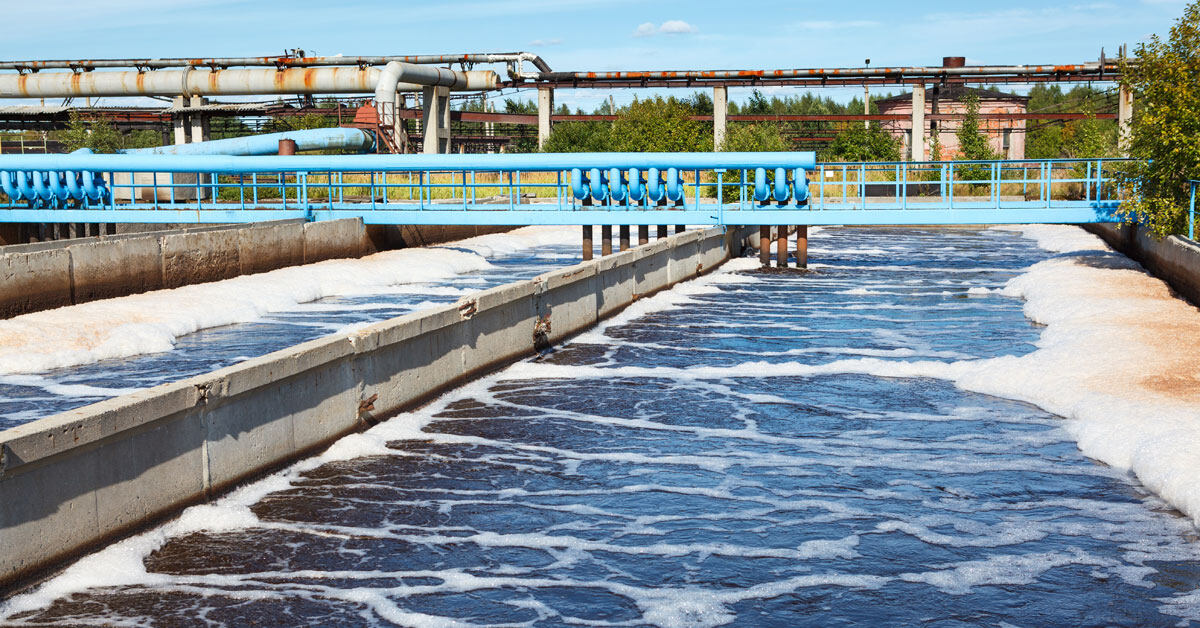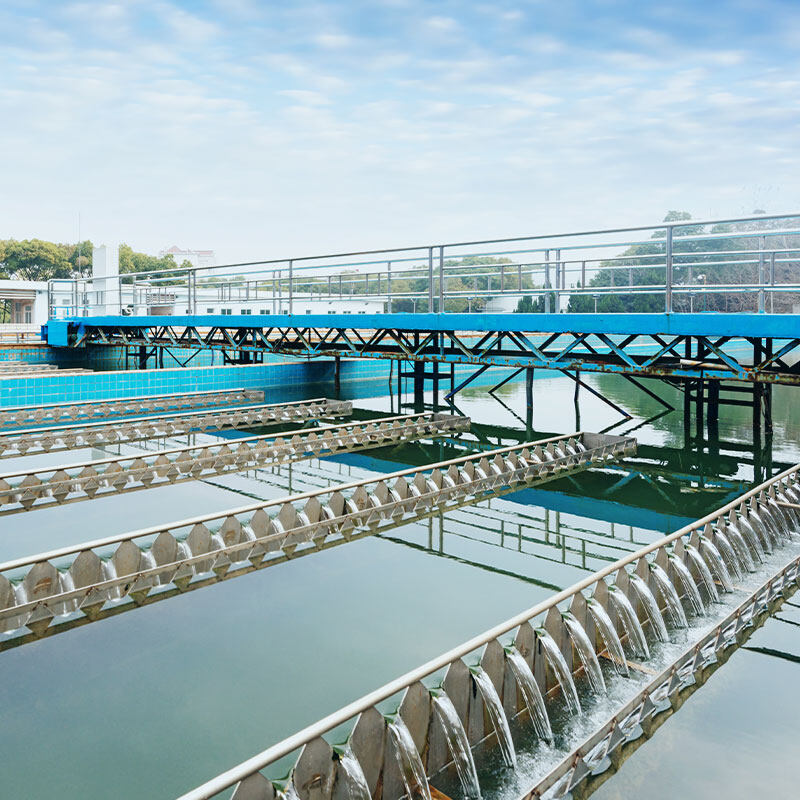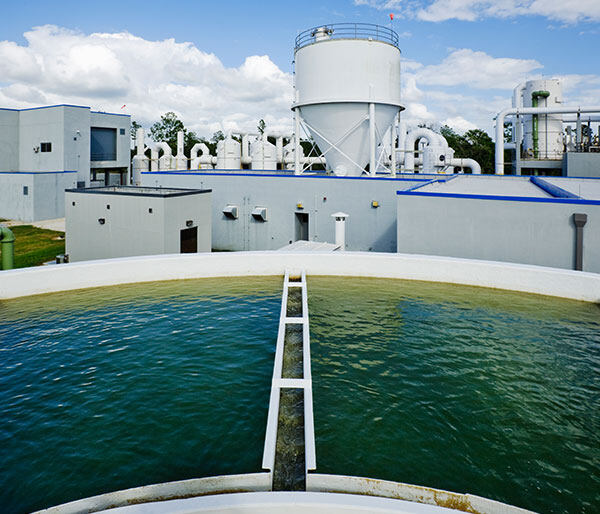Exploring Natural Sewage Treatment Plants: An Eco-Friendly Solution for Wastewater Management

Introduction
Wastewater management is a critical environmental concern, and finding sustainable solutions for treating sewage is of utmost importance. Natural sewage treatment plants offer an eco-friendly approach to wastewater management, utilising natural processes to effectively treat and purify sewage. In this blog post, we will explore the concept of natural sewage treatment plants, their benefits, and their role in promoting a more sustainable future.
Understanding Natural Sewage Treatment Plants
Natural sewage treatment plants, also known as constructed wetlands or ecological wastewater treatment systems, mimic the natural processes that occur in wetlands to treat sewage. These systems utilise a combination of physical, chemical, and biological processes to remove contaminants and pollutants from wastewater.
How Natural Sewage Treatment Plants Work
Natural sewage treatment plants consist of a series of treatment cells or basins filled with various types of vegetation, such as reeds, cattails, and bulrushes. The wastewater flows through these cells, allowing the plants and the associated microorganisms to break down and remove organic matter, nutrients, and harmful pathogens.
Benefits of Natural Sewage Treatment Plants
- Environmental Sustainability: Natural sewage treatment plants provide a sustainable and environmentally friendly alternative to conventional treatment methods. They require less energy and chemicals, reducing the carbon footprint and minimising the release of harmful byproducts into the environment.
- Cost-Effectiveness: Natural sewage treatment plants can be more cost-effective to construct and maintain compared to traditional treatment systems. They often require less infrastructure and have lower operational costs.
- Habitat Creation: These treatment plants create habitats for various plant and animal species, promoting biodiversity and enhancing the ecological value of the surrounding area.
- Aesthetics and Landscaping: Natural sewage treatment plants can be aesthetically pleasing, blending into the landscape and providing recreational opportunities for the community.
Applications of Natural Sewage Treatment Plants:
- Residential and Small-Scale Systems: Natural sewage treatment plants can be implemented in individual homes or small communities, providing an on-site wastewater treatment solution.
- Industrial and Commercial Applications: These treatment plants can also be scaled up to accommodate larger volumes of wastewater generated by industries, hotels, resorts, and other commercial establishments.
- Retrofitting Existing Systems: Natural sewage treatment plants can be retrofitted into existing conventional treatment systems, enhancing their efficiency and sustainability.
Challenges and Considerations
- Design and Engineering: Proper design and engineering are crucial for the successful implementation of natural sewage treatment plants. Factors such as hydraulic loading rates, plant selection, and system sizing need to be carefully considered.
- Regulatory Compliance: Natural sewage treatment plants must meet regulatory standards for effluent quality and public health safety. Regular monitoring and maintenance are essential to ensuring compliance.
- Public Perception and Acceptance: Educating the public about the benefits and effectiveness of natural sewage treatment plants is important to gain acceptance and support for these sustainable solutions.
Conclusion
Natural sewage treatment plants offer a sustainable and eco-friendly approach to wastewater management. By harnessing the power of natural processes, these treatment systems effectively remove contaminants from sewage while minimising environmental impact. The benefits of natural sewage treatment plants, including environmental sustainability, cost-effectiveness, and habitat creation, make them a promising solution for a more sustainable future. By embracing and implementing these innovative systems, we can move towards a cleaner and healthier environment while ensuring the efficient management of wastewater.



